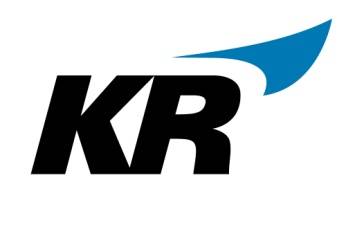Korean Register (KR) - an IACS member classification society – has been accepted by the United States Coast Guard (USCG) as an Independent Laboratory (IL) to undertake tests, inspections and evaluations for ballast water management systems.
KR has been accepted by the USCG, as an Independent Laboratory, to type approve ballast water management systems in accordance with the U.S. Code of Federal Regulation. The society is the first in Asia and the second in the world (outside U.S.) to gain this authorization.
To prevent the introduction and spread of non-indigenous species contained in ships’ ballast water, the International Maritime Organization (IMO) has developed the Ballast Water Management Convention (BWMC) which will become effective as soon as it has been ratified by the required number of states.
Notwithstanding IMO’s BWMC, vessels wanting to operate in U.S. territorial waters must be fitted with BWM systems that are USCG type approved in accordance with their implementation schedule. The USCG is well known for insisting on stricter test standards which give a greater confidence on the reliability of BWMS. This particular approval requires a high level of ability within the IL and involves the passing of at least five valid and successful test repetitions at differing levels of salinity during land-based testing; and a higher standard of sampling and analysis. USCG requirements are more onerous than those demanded by IMO and are expected to become the benchmark for BWM systems.
Commenting on the approval, Dr. B. S. Park, Chairman and CEO of KR said, "We are honored and delighted to be the first Asian classification society to be selected by the USCG as an internationally renowned facility qualified to deliver high quality testing and evaluation for ballast water management systems to the world’s maritime community. This achievement is a further example of KR’s growing status on the international stage and an endorsement of our technical abilities. We are committed to the development of all relevant technologies and will continue to contribute to the implementation of U.S. Coast Guard regulations. ”














